AARP Hearing Center

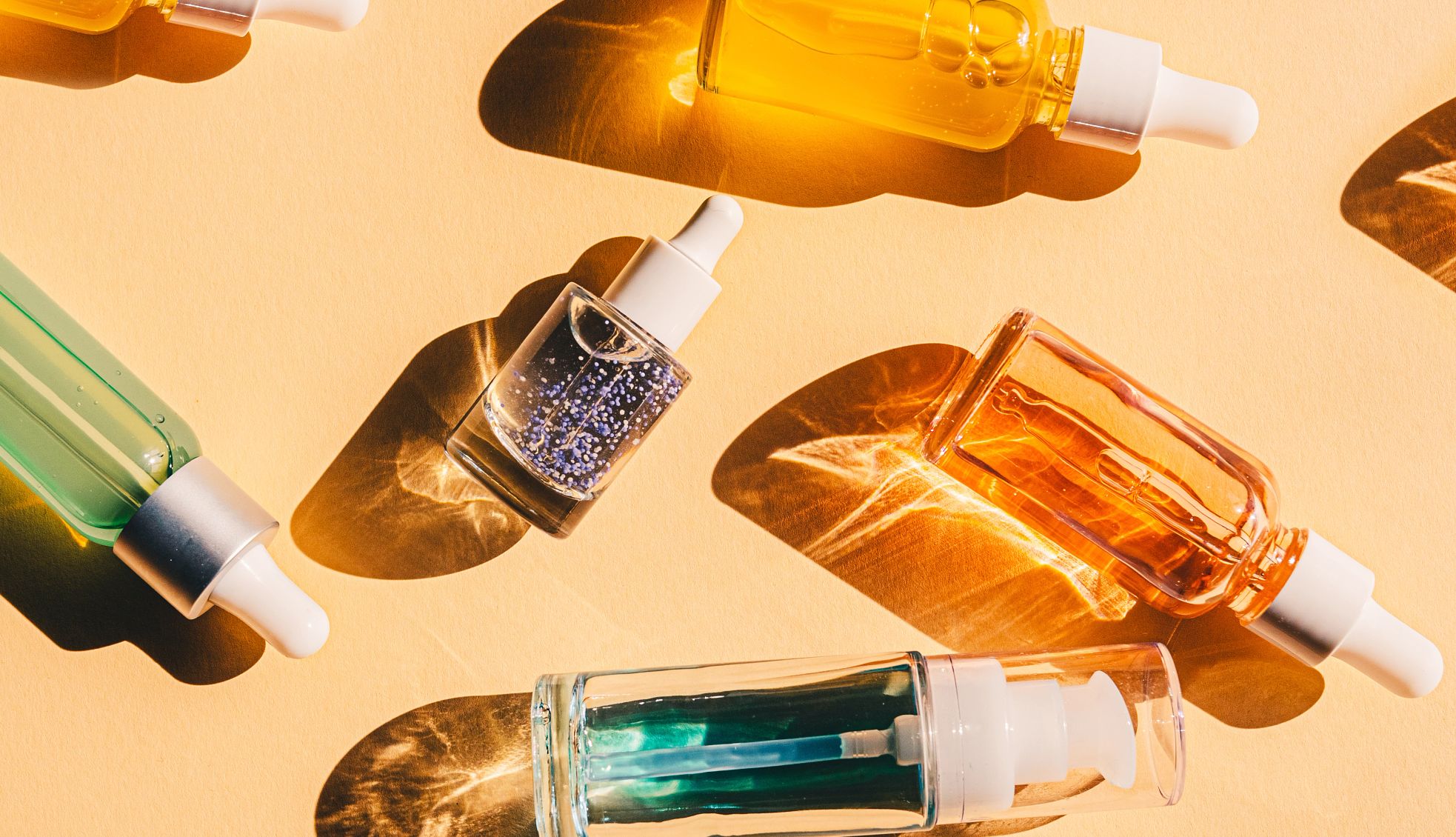
Let’s face it: The years aren’t kind to skin. We start to lose collagen and elastin, two proteins that give skin its structure and elasticity, in our 30s. And it’s all downhill from there.
“The loss of collagen and elastin leads to signs of aging such as fine lines, wrinkles and skin laxity,” says Michele Green, M.D., a New York City–based board-certified cosmetic dermatologist. On top of that, years of sun exposure leave skin dotted with dark spots.
An entire industry has grown up around protecting our skin from the effects of time. An estimated 62 percent of Americans say they use products intended for mature skin as part of a daily skin care routine. Yet we’re not always using the right items, and many of us are missing some important steps to keep our skin healthy as we age. Here are eight mistakes that can cause skin to age faster. Some of them can also lead to serious health problems.
1. Not wearing sunscreen every day
This is a big one, says Camila Antia, M.D., a board-certified dermatologist and co-owner of The Skin People, in Bellaire, Texas. When ultraviolet rays from the sun hit your skin, they cause changes at the cellular level that lead to premature aging, called photoaging, not to mention an increased risk for skin cancer.
About 80 percent of skin aging on the face can be attributed to UV exposure. Wearing sunscreen every day not only protects against photoaging but could potentially reverse it. Experts recommend applying a broad-spectrum sunscreen that protects from both UVA and UVB and has an SPF of at least 30 (50 is even better) and wearing a wide-brimmed hat and sunglasses whenever you’re outside, even on cloudy days.
Your face isn’t the only part of you that needs sun protection. “The other thing that people do is they don’t put sunscreen on their neck and chest or hands,” Antia says. “That’s when you see somebody whose skin looks perfect on their face, and then their neck and hands tell their age.” Cover every exposed part of you with sunscreen before you leave the house each morning.
2. Overexfoliating
This is Antia’s “number one peeve,” she says. “People overdo it with exfoliants. If you overexfoliate, you can make your skin look dull and a little older than it actually is, so you want to stick with gentle exfoliating methods.”
The goal of exfoliating is to remove dead skin cells, dirt and other debris from the skin’s surface, but too much of it can strip away your skin’s natural oils and damage its moisture barrier. Also, not all exfoliants are created equal. Physical or manual exfoliation uses a brush or a scrub that feels like little grains or coffee grounds to physically remove dead skin cells. Chemical exfoliation involves chemicals such as alpha- or beta-hydroxy acid to gently remove skin cells.
Antia recommends chemical exfoliation because it’s less harsh on the skin. Even with this gentler method, don’t go overboard. “Your skin doesn’t need to get polished every single day,” she says. “You want to do it once a week, and if you have sensitive skin, you might do it once every two weeks or so.”


































































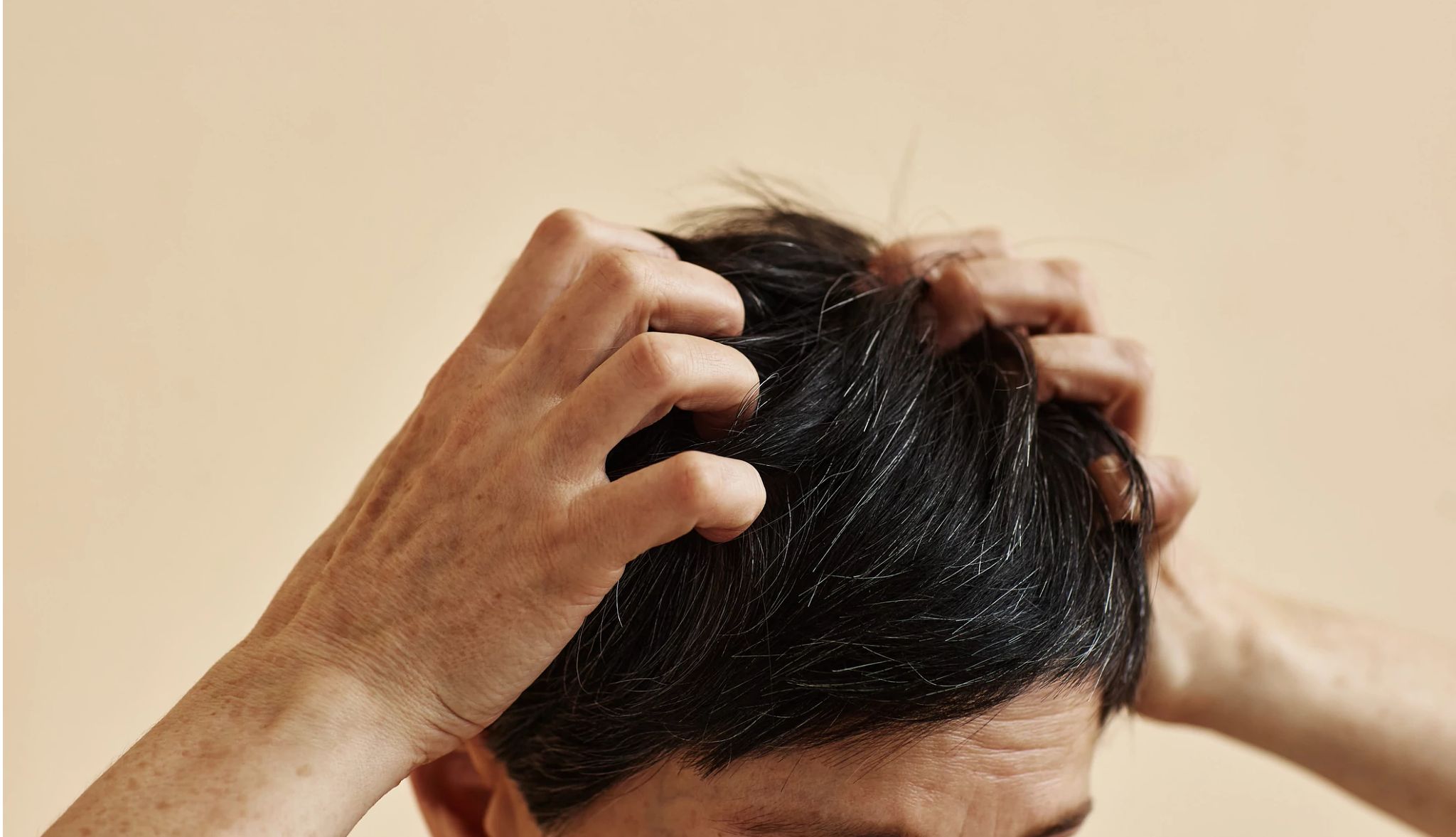
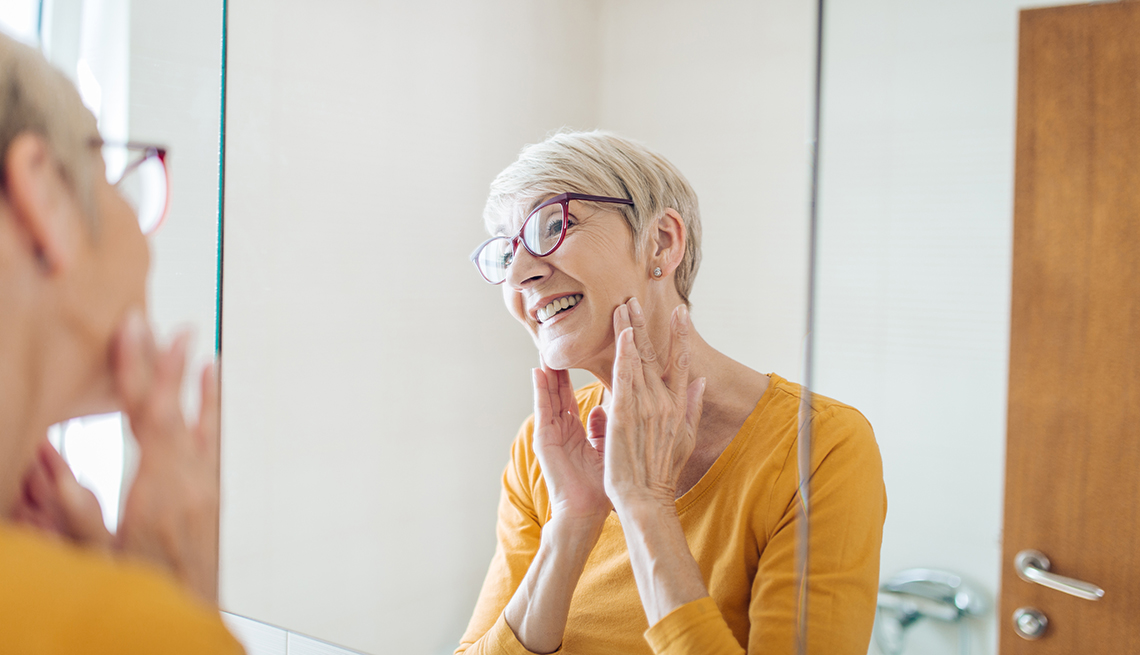
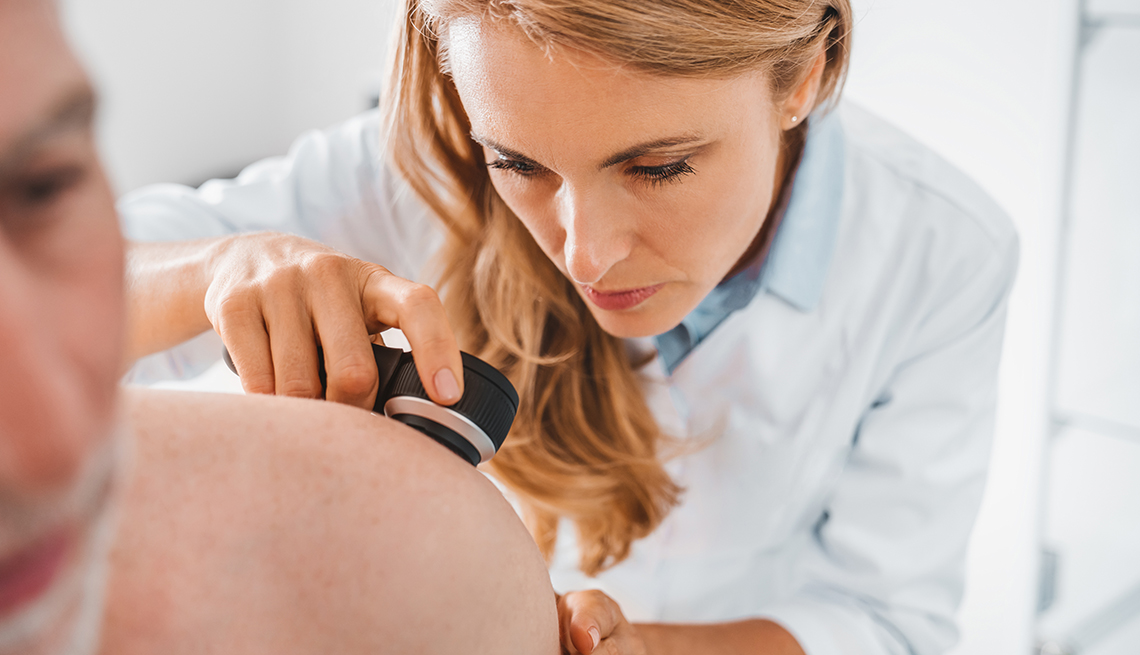

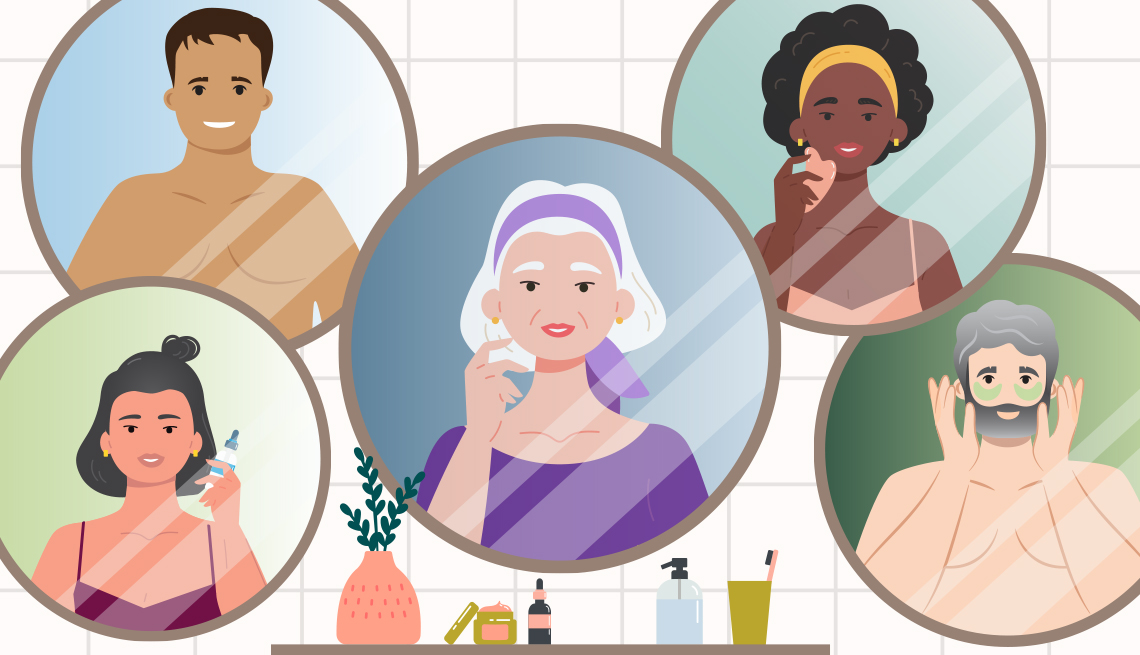
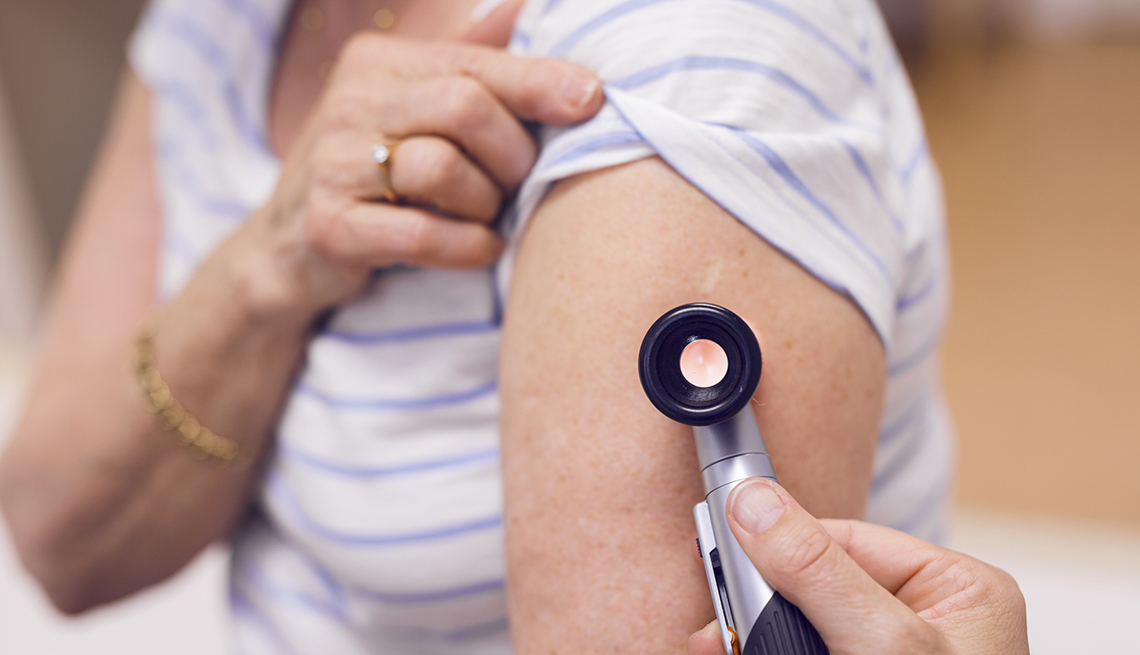
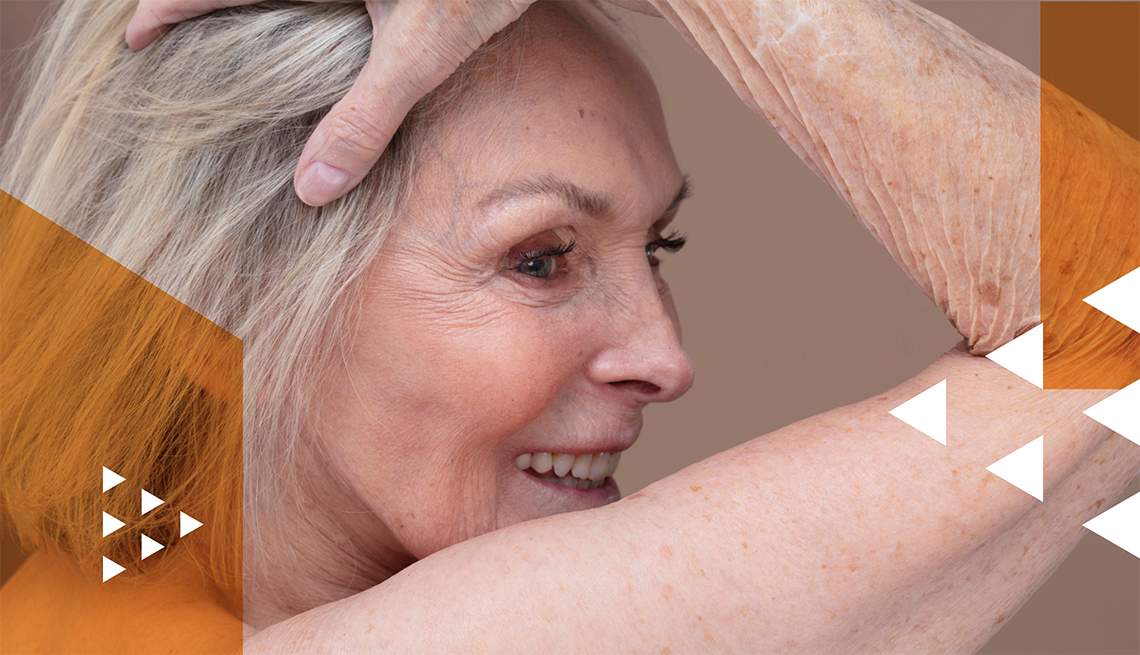
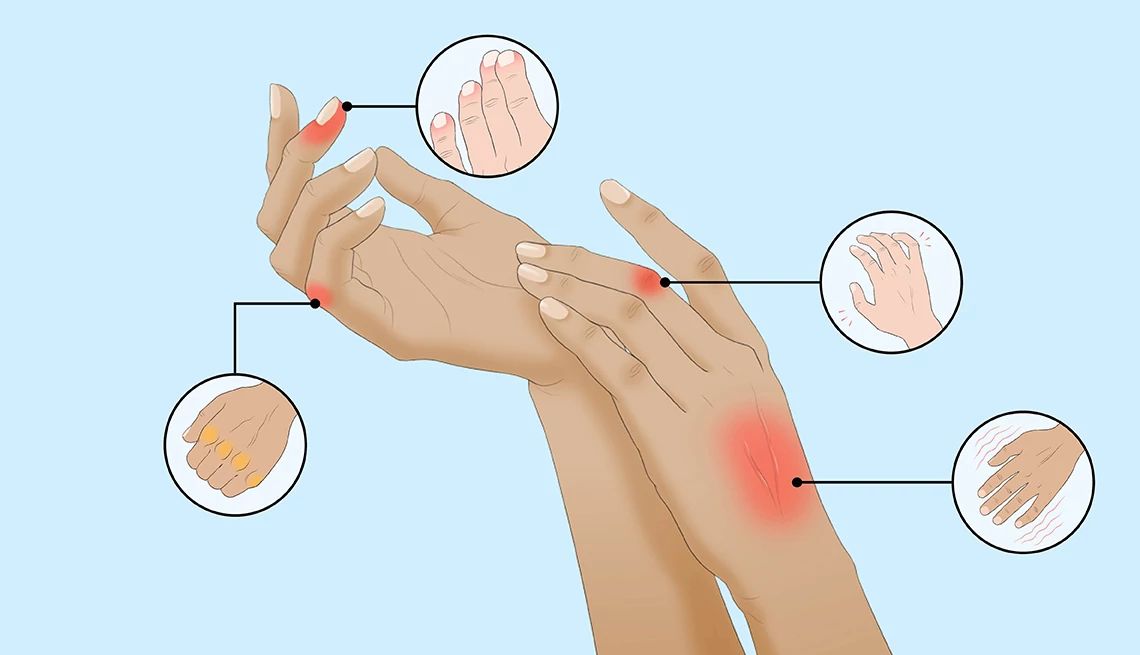
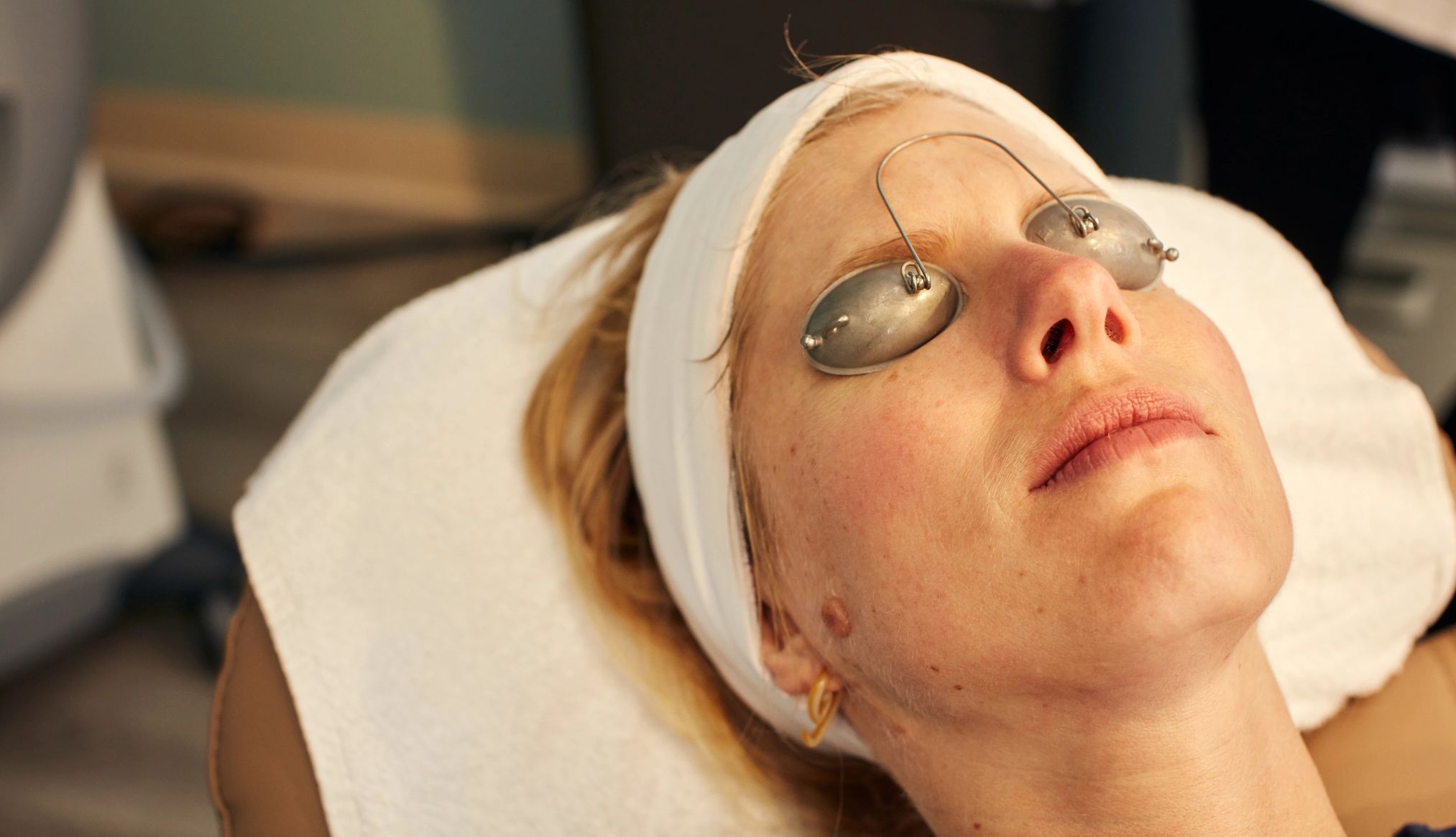

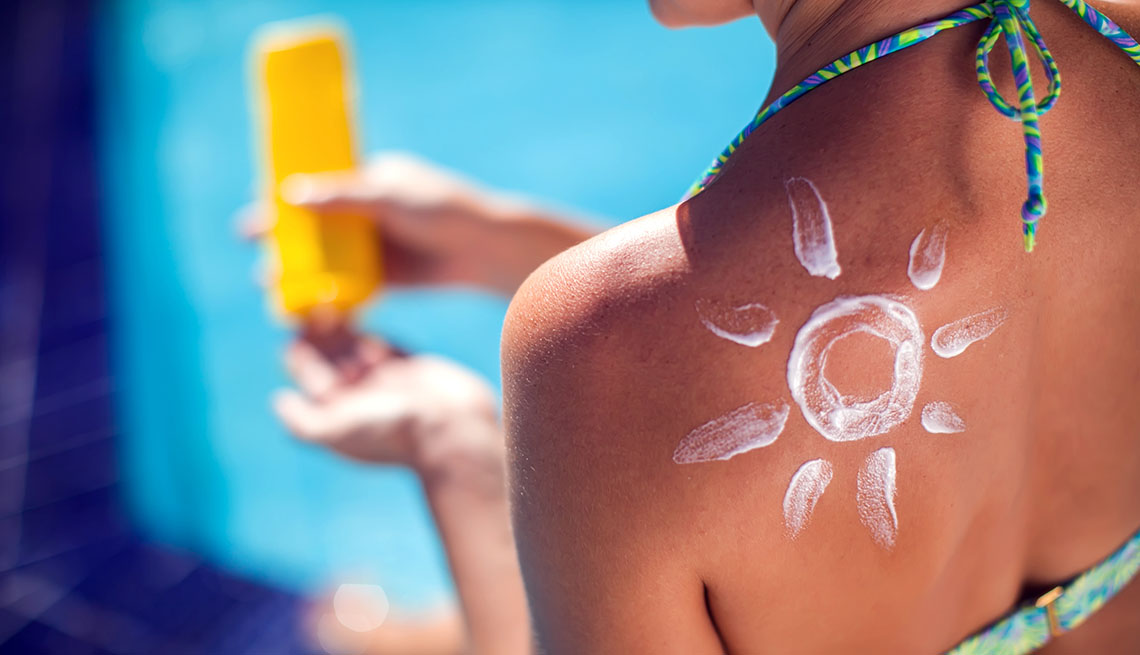





More From AARP
What to Do About Droopy Eyelids
From surgery to makeup, check out treatments for fixing this condition
AARP Smart Guide to Sun Protection
SPF is just one important factor — here are more tools that can help in preventing damage from harmful rays
8 Superfoods for Aging Skin
Get your glow back with these nutrient dense, antioxidant-rich foods
Recommended for You